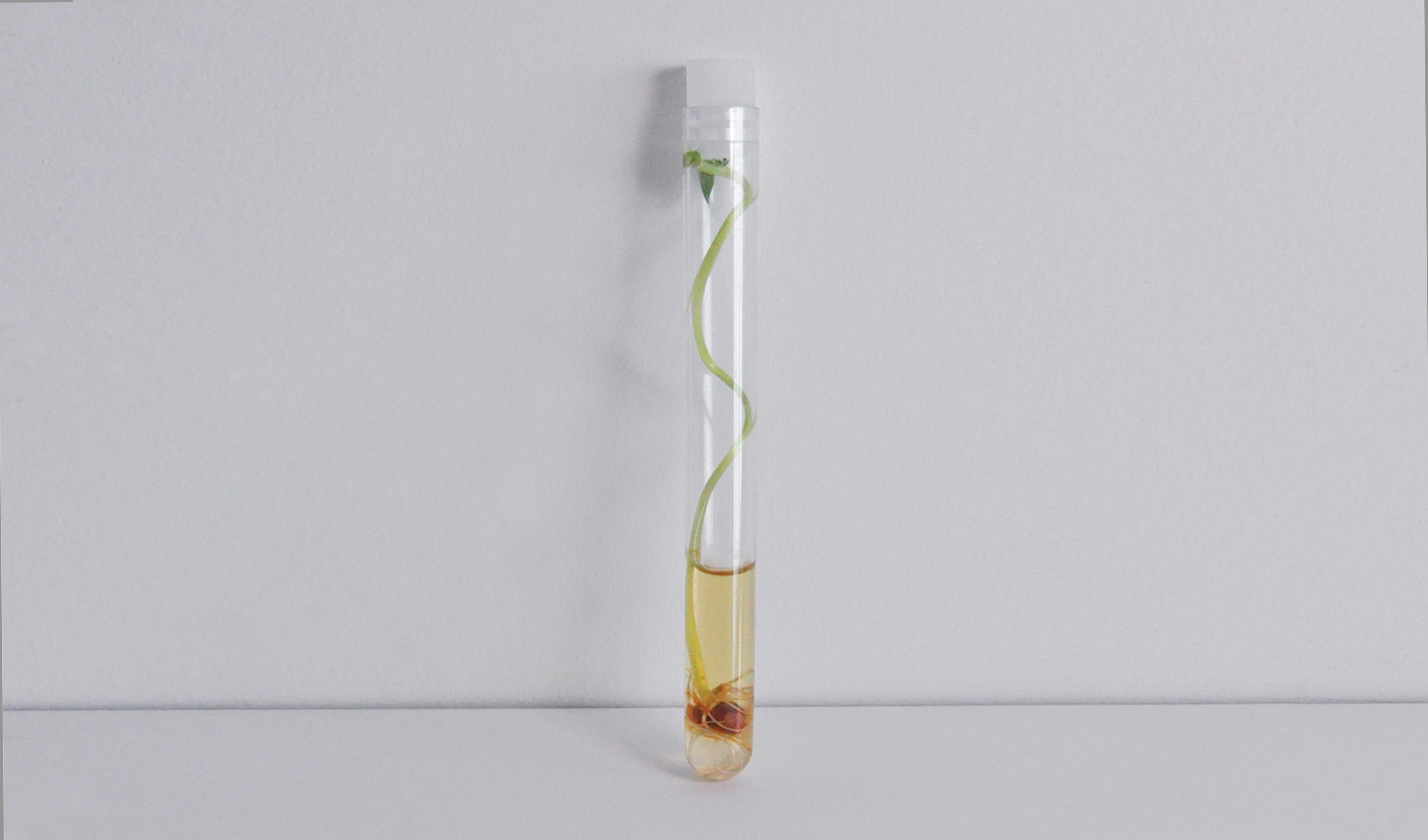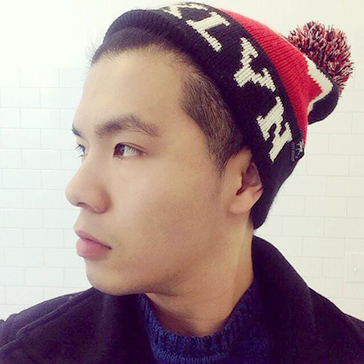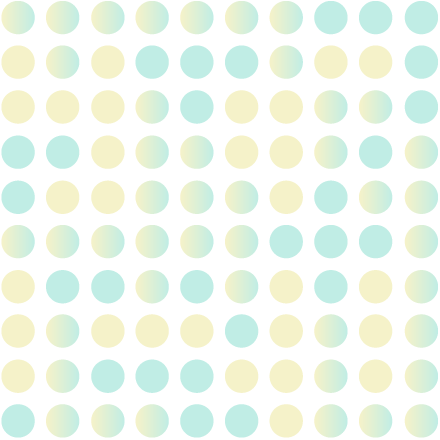Future Food Hack
A series of DIY kits that explores the future of food

Scott G Pobiner
Sven Travis
Writing and ResearchLouisa Campbell
Loretta Joelle Wolozin
Future Food Hack is a series of DIY kits that experiment with new forms of food as well as new ways of agriculture. It encompasses the different aspects of future food, including functional food, techno food, soilless culture, symbiotic system and microbial cultivation. It aims to create a dialog on the question: how do we envision feeding ourselves in the future? The project began as my investigation of what our food has become and explores the future of our food. I adopted the findings to construct five kits that enable users to explore the topic of the future of our food through interactive experiences. It includes a fiber burger kit, a gluten-free snack kit, a soilless incubator kit, a wearable growing device kit, and Spirulina cultivation kit. Inside each kit ingredients and essential equipment for making an edible product are provided. Users are encouraged to utilize the materials creatively and construct their own versions of future food.
Eating is the most fundamental basic necessity after breathing. How do we envision feeding ourselves in the future?
The growing population and climate change have made us rethink what we eat and how we generate our food. The world’s population will grow to more than 9 billion by 2050. The expanding human population may run up against environmental limit. Furthermore, Climate change will make farming harder to grow food in most places. Floods and droughts are expected to become more frequent.
Consumer demands also have a significant impact on how our food is made. Strong consumers’ desires to eat healthy have encouraged manufactures to think of additional ways to invent novel foods with health benefits. Food manufacturers are now taking advantages of the results of single-nutrient research to claim that products containing the beneficial nutrient promote health.
We must rethink over how we allocate our resources to produce food; we are entering a new generation of radical farmers, novel foods and innovative ideas.

Jimmy Tang
Jimmy Tang is a New York based multidisciplinary designer. He has a background in visual design and web development. He focuses on designing for social innovation through interactive media and creative technologies. He has a strong interest in edible design, biotech, citizen science and the maker culture.
